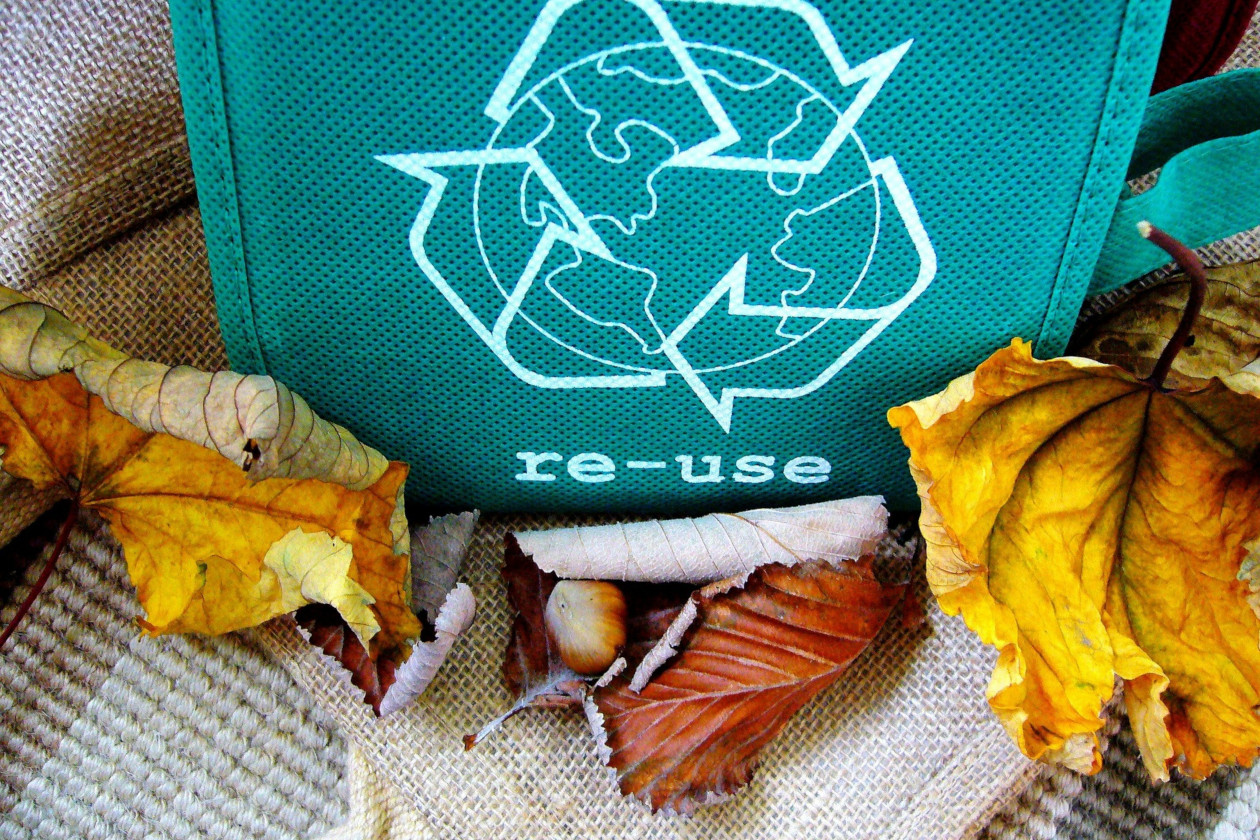The era of the plastic bag is over for more than 60 countries
The environmental imperatives in Greece have brought a lot of reactions, especially from consumers to supermarkets and mini-markets, mainly because of the uncertainty about ... where the money goes in relation to the plastic bag fee. In any case, however, it appears that in the "orbit" of reducing the use of plastics, most of the countries in the world seem to be actively in.
Tuesday, December 11, 2018

More specifically, and according to UN figures, the international community has started to understand the breadth of the problem and has pointed out that more than 60 countries have already "adopted" policies to reduce the contamination from plastic waste. One of the most recent "entrants" to the list was New Zealand, which just recently announced the gradual ban on disposable plastic bags from next year, also making an important step "To reduce contamination from plastics”.
The decision was welcomed by both the UN and Greenpeace, with the Agency recalling that about 5,000 billion plastic bags are used worldwide every year and, like all plastic products, a very small proportion of them are recycled. In this released report, on the occasion of World Environment Day, the UN revealed that if current consumption patterns and waste management practices continue, by 2050 there will be around 12 billion tonnes of plastic waste in the environment .
The UN welcomed the fact that the international community has begun to grasp the breadth of the problem and has pointed out that more than 60 countries have already adopted policies to curb contamination from plastic waste.
